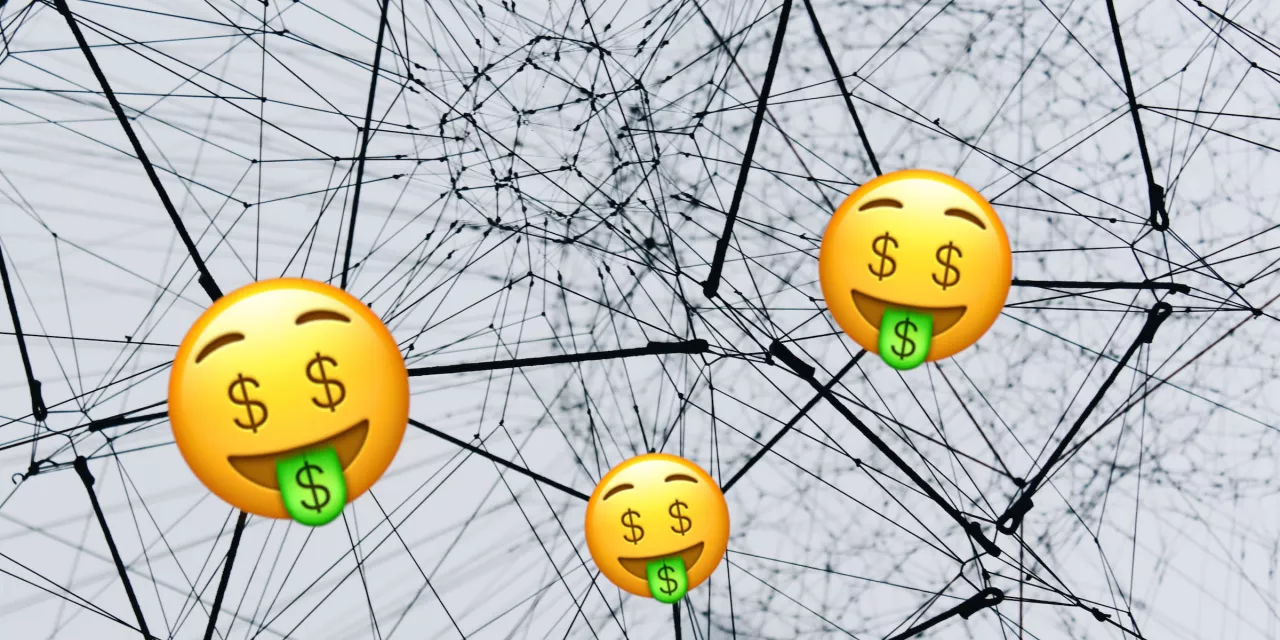The BigBrotherAward 2016 in the Newspeak category goes to “Datenreichtum” (data opulence / data maximisation).
The concept of data avoidance and minimisation has been propagated by privacy advocates for a long time, because not creating or collecting data is of course the best data protection1. So it was just a matter of time for the opposite of data minimisation to be derived – the antonym, as it is called in linguistics. The English language already had big data, which lacked a German translation. The new German equivalent “Datenreichtum” (literally: “data opulence”) sounds even more positive – who would not want to be rich? After all, data is now considered the raw material of the “digital economy”. The fact that this business practice damages privacy is often ignored. To warn about such dubious business models, it would be better use the term “data obesity”.
Remarks by Digitalcourage on the term’s history
“Datenreichtum” as an alternative concept to data minimisation was first put forward by Germany's minister of transport, Alexander Dobrindt (of the CSU, the Bavarian “sister party” of Germany’s main conservative party, CDU). In a speech during a national IT summit organised by IT industry association Bitkom on 19 November 2015, he demanded that by 2020 we should “finally overcome this rather flawed super-principle of data minimisation, and speak of data opulence instead”. In Germany, politicians still like to brand the Internet as the “information superhighway” (or “data autobahn”), which might explain why the transport minister feels responsible for IT infrastructure. The German website of KPMG immediately celebrated the new expression in a blog post and summarised: “Data minimisation must come to an end.”
Laudator.in


Translator’s notes
1 For a definition of “data minimisation” (PDF)
Sources (German only)
https://blog.kpmg.de/consulting/it-gipfel-neues-digitales-selbstbewusstsein/ [Content no longer available]
faz.net: „Wer sich am wachsenden Datenreichtum labt“ von Constanze Kurz (Web-Archive-Link)




